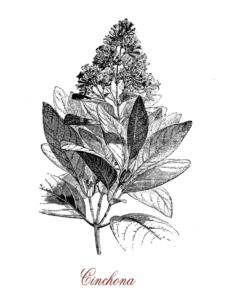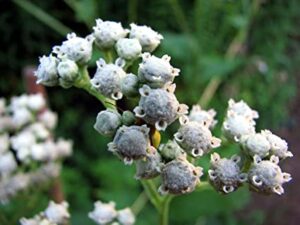 Protein kinase B (AKT), is a pivotal component of pathways associated with cell survival, metabolism, invasion and metastasis. AKT mediates anti‑apoptotic and proliferative signaling in response to essential cytokines.
Protein kinase B (AKT), is a pivotal component of pathways associated with cell survival, metabolism, invasion and metastasis. AKT mediates anti‑apoptotic and proliferative signaling in response to essential cytokines.
Tumor necrosis factor receptor‑associated factor (TRAF)6, an E3 ubiquitin ligase, has been shown to ubiquitylate, as well as activate AKT. The present study used computational methods to determine the relevant amino acid residues at the binding site of TRAF6 and selected small molecules, which may bind to TRAF6. An ex vivo assay was performed to determine their antitumor activities and the possible mechanism of action.
Quinine, a natural alkaloid that is well‑known for its therapeutic treatment of malaria, exhibited a distinct antiproliferative and pro‑apoptotic effect in HeLa and A549 tumor cell lines via the inhibition of the antiapoptotic protein, B‑cell lymphoma (BCL)‑2, and activation of the pro‑apoptotic factor, BCL‑2‑associated X protein.
 Quinine inhibited the lipopolysaccharide (LPS)‑induced activation of AKT by inhibiting its phosphorylation at Thr‑308 and Ser‑473, and reversing LPS‑induced proliferation. These results suggested that the inhibition of AKT activation via targeting of TRAF6 with quinine may be a viable anticancer therapeutic approach and a successful example of the alternative use of the original therapeutic properties of this well‑known natural product.
Quinine inhibited the lipopolysaccharide (LPS)‑induced activation of AKT by inhibiting its phosphorylation at Thr‑308 and Ser‑473, and reversing LPS‑induced proliferation. These results suggested that the inhibition of AKT activation via targeting of TRAF6 with quinine may be a viable anticancer therapeutic approach and a successful example of the alternative use of the original therapeutic properties of this well‑known natural product.
